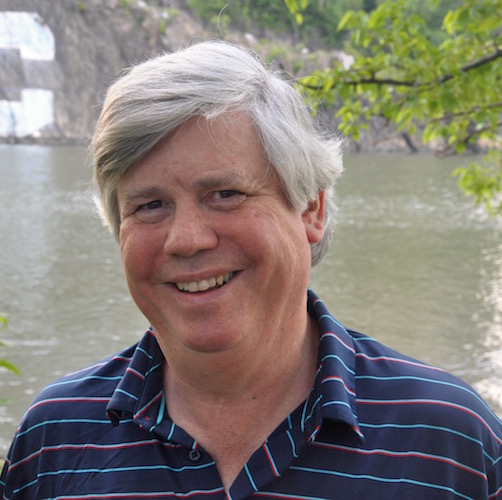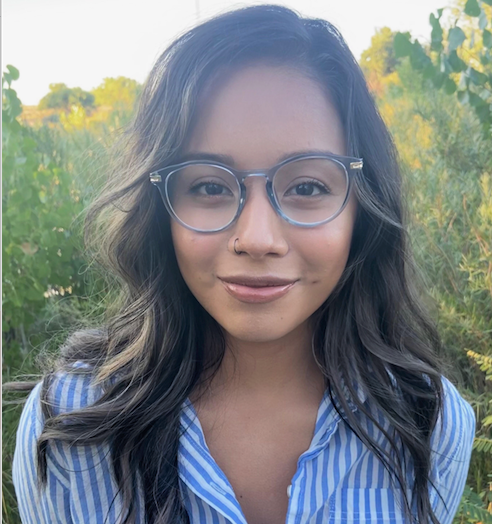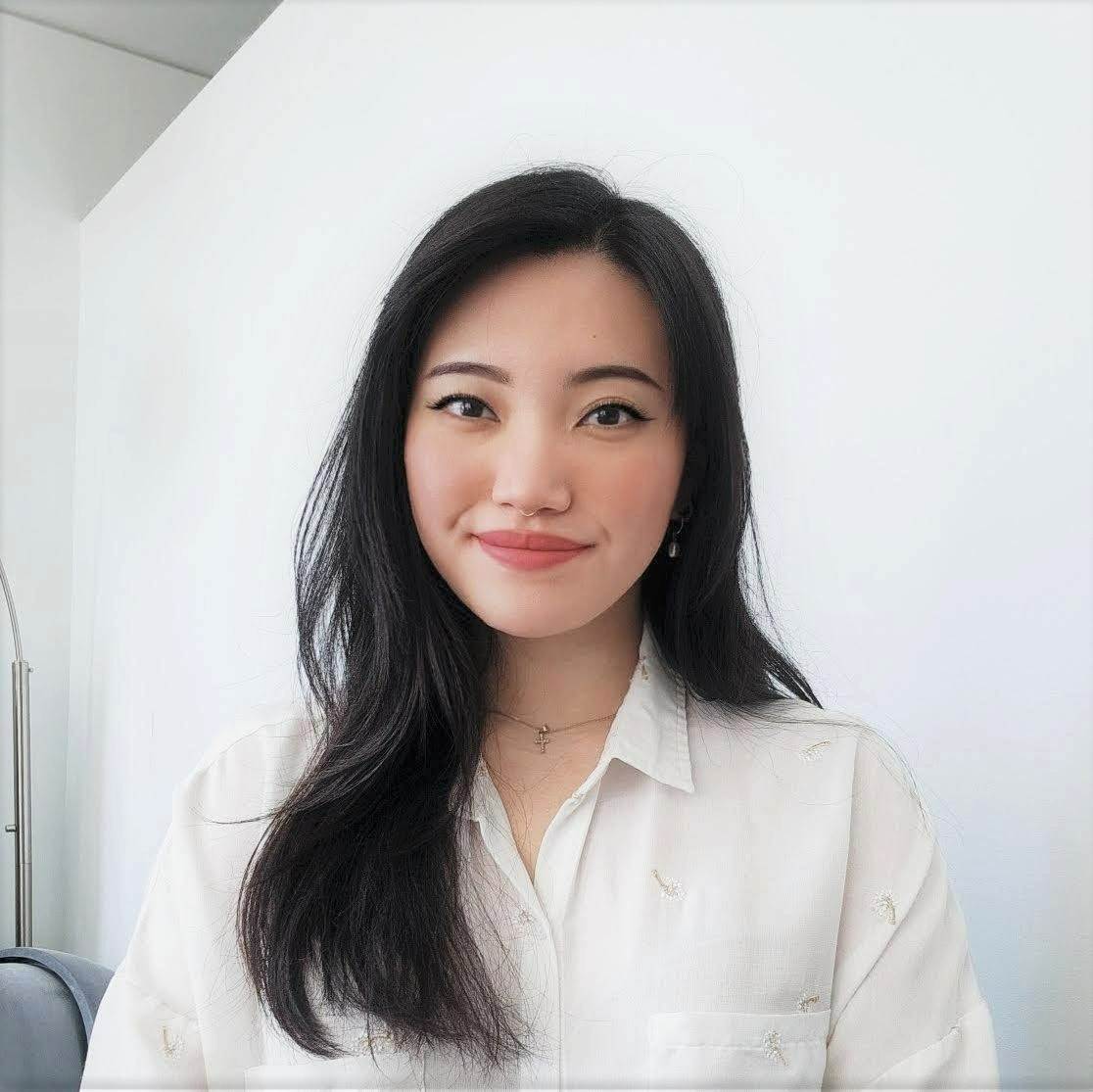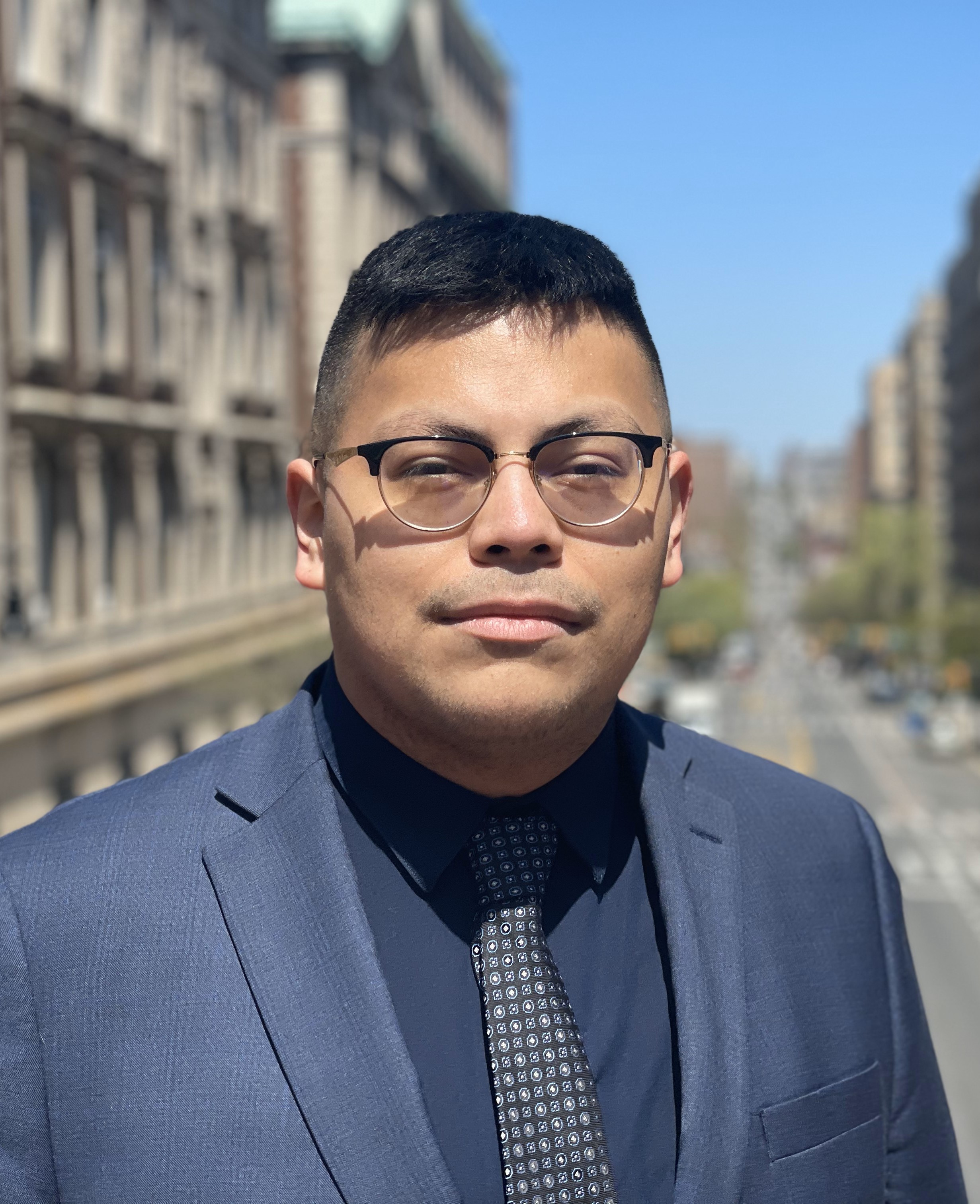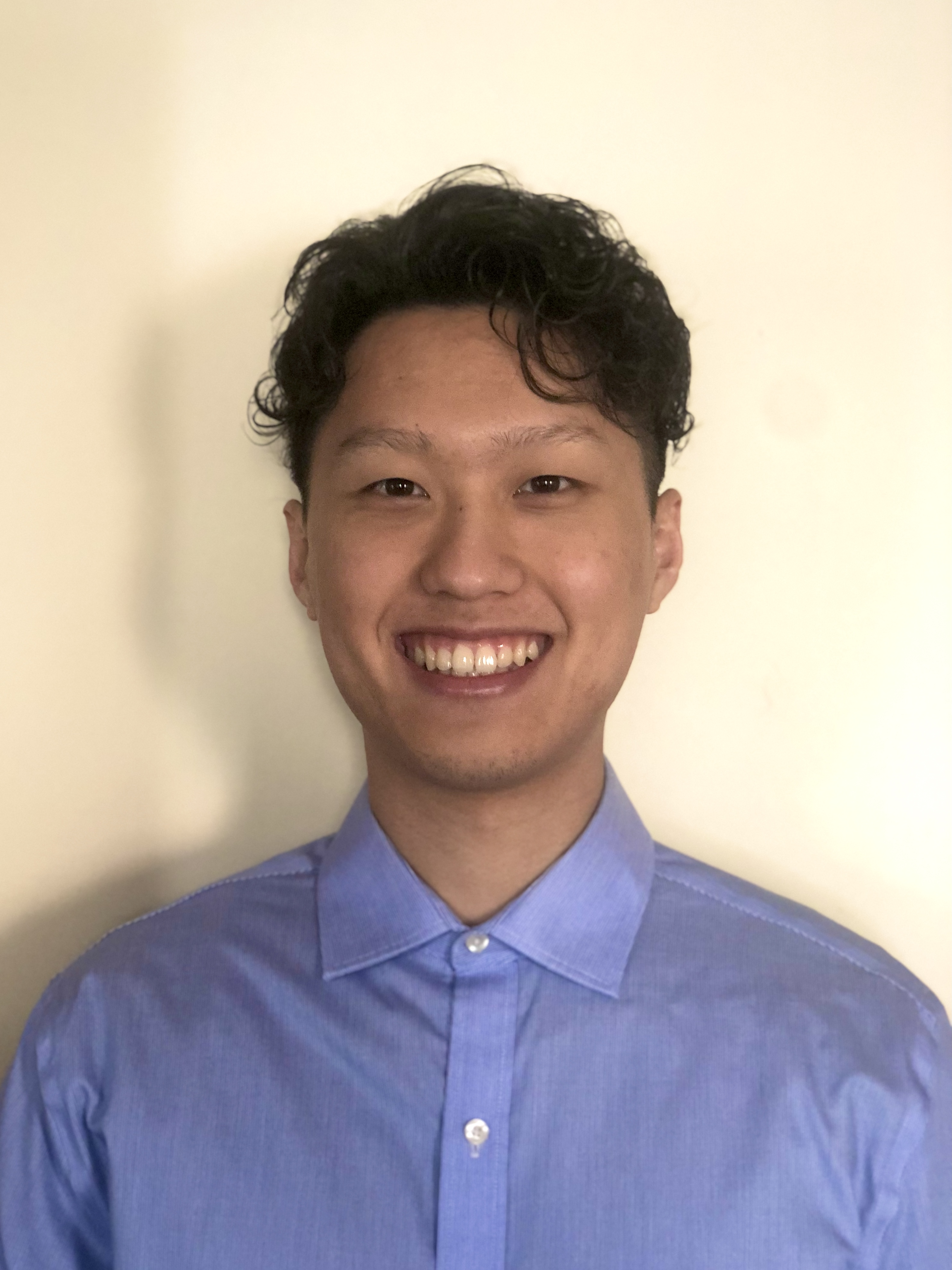Meet the Team
George V. Gushue, Ph.D. is Professor of Psychology and Education in the Department of Counseling and Clinical Psychology at Teachers College, Columbia University. Dr. Gushue’s research applies theory and research from the areas of cognitive and social cognitive psychology and group relations to three specific areas in multicultural counseling psychology: clinical assessment, high school career development, and group dynamics.
In the first area, he has explored how recent social and cognitive scholarship regarding race, social schemas, memory, judgment, and attribution may further illuminate both how race and culture influence clinical assessment and how those effects might be strengthened or attenuated by counselors’ racial attitudes. This research seeks to uncover potential impediments to the equitable delivery of mental health services resulting from racial or cultural bias in assessment and treatment planning. Currently his research team has begun to examine the impact of motivation on multicultural interactions. Another research project is exploring the influence of race and cultural attitudes on clinical judgment including: perception, clinical detail salience, and evaluation.
In the second line of research, Dr. Gushue and his team have examined how high school students’ ethnic identity and gender role attitudes affect their career development through their impact on students’ beliefs in their abilities, expectations for the future, and career goals. These studies have pointed to the need for a more systemic approach to career counseling and education – one which takes into account the ways in which students’ gender and cultural identities and the larger social context may influence the development or thwarting of career interests. One current research projects include a study on the impact of gender role attitudes and future family plans on STEM career interests, goals, and self-efficacy beliefs. Another examines the influence of the career adaptability and career self-efficacy on career planning behaviors.
A third line of research, Dr. Gushue’s lab is conducting a study exploring how differences in relationship style, social group membership, and worldview orientation may influence perceptions of a single shared group experience. The study seeks to determine if participants’ social identities, cultural values, and attachment styles can predict their perceptions of personal authority, experiences of and attitudes towards external authority in a group experience, and assessments of the group climate. Results will help shed light on when and how people take up power within group settings, and whether these behaviors are influenced by individual’s social identities and associated forms of social power. Ultimately, this study hopes to contribute to ongoing efforts in psychology to understand the ways that leadership, authority, and power operate in culturally diverse settings.
Dr. Gushue has completed a decade as the associate editor of the Journal of Career Development and serves as a reviewer for numerous journals in the field. He is the former Director of Training for the doctoral program in Counseling Psychology at Teachers College, Columbia University. He holds a Ph.D. from Teachers College, Columbia University in Counseling Psychology.
Sandra Gomez is a doctoral candidate in the Counseling Psychology program at Teachers College, Columbia University. She is currently on her psychology internship year at The Jess Spirer Doctoral Internship in Health Psychology at the University of Miami Counseling Center. She received her B.A. in Psychology from Cornell College and her M.Ed in Counseling Psychology from the University of Missouri - Columbia. Her research focuses on ethnic identity development, acculturative experiences, and educational / career trajectories of Latinx populations. . Her passion for social justice work has led Sandra to her current interests in multicultural contexts.
Rachel (Seungyun) Shin is a third year doctoral student at Teachers College, Columbia University. She received a BA in Psychology from Rutgers University in 2016 and a master's degree in Social Work (MSW) from New York University in 2018. Her experiences of providing mental health services as well as conducting community-based mental health research have led to a keen interest in understanding the roles of culture, race and social justice in the context of mental health equity. Rachel is passionate about advancing the education, research and practice of multicultural counseling psychology.
Jonathan David Godinez is a second-year doctoral student at Teachers College, Columbia University. He received his BA in Psychology and Entrepreneurship from the University of Wisconsin-Madison in 2019 and his master’s degrees in Counseling Psychology (MA, EdM) witha concentration in Bilingual Latinx Mental Health from Teachers College in 2021. His research experiences have primarily focused on marginalized populations, in particular Latine populationsin both the US and Latinoamérica regarding group processes, mental health, discrimination and integration, epidemiology, and social cognition. He plans on utilizing his research to aid the psychological and institutional experiences of Latine populations in both the US and Latinoamérica.
Melinda Troyka is a second year doctoral student in the Counseling Psychology program at Teachers College, Columbia University. She received a B.A. in Psychology from Muhlenberg College, with a double-minor in Dance and Women’s & Gender Studies. Melinda previously attended the University of Missouri – Columbia, where she received her M.A. in Counseling Psychology. She is currently a practicum trainee at the Dean Hope Center for Educational Psychological and Services. Her research interests involve the development of multicultural competence in research, teaching, and counseling, as well as social and cultural influences on academic/career development.
Andrea Lopez Salazar is a first-year doctoral student in the Counseling Psychology program with a concentration in English-Spanish Bilingual Latinx Mental Health at Teachers College, Columbia University. She received her B.A. in Human Development and Family Studies from UCONN, her Ed.M. from the Harvard Graduate School of Education, and her certificate in Teaching English to Speakers of Other Languages (TESOL) from Teachers College, Columbia University. She is currently a Research Associate at TC's Community College Research Center (CCRC). Her research interests include college access and success for first-generation and Latinx college students, culturally responsive counseling, and language learning and teaching.
Novak (Haoyu) Chen is a second-year Master's student in the Statistics program at the Graduate School of Arts and Sciences, Columbia University. He received his B.A. in Mathematics and Geographic Information Systems from Clark University, but later he cultivated a profound interest in psychology and suicide prevention. Following his undergraduate studies, Novak worked as a project manager, delving into socio-economic disparities in early home environments and parent-child interactions. Currently, his research interests revolve around using quantitative methods to further his passion in counseling psychology and other related psychology fields
Juliana Matwiow is a second-year Master's student in the Mental Health Counseling program at Teachers College, Columbia University. She received her B.S. in Psychology from Fordham University in 2023. During her three years of undergraduate studies, she has conducted and presented research findings, has been on the executive board for Fordham's Psychology club, and minored in Spanish. At TC, she is the treasurer of Psi Chi, an Administrative Fellow, and is doing her clinical internship at Jersey City Medical Center. Her academic career and extracurricular passion for working with children from various backgrounds has led her to develop research interests in the understanding and development in multicultural competencies in psychological frameworks, the intersections of identities and how they affects diagnosis/treatment, intergenerational trauma, and cultural influences on academic/career development.
Amy Carbajal-Herrera is a second year master's student at Teachers College, Columbia University, in the Bilingual Latinx Mental Health Counseling program. She received her B.A. in Psychology, with a minor in Philosophy, from Marist College in 2023. During her undergraduate studies, Amy participated in research aimed at providing equitable healthcare for the LGBTQ+ community in the Hudson Valley. She also served as a clinical psychology intern at the Children’s Home of Poughkeepsie, where she worked with unaccompanied migrant children and child survivors of sex trafficking. At Teachers College, Amy has dedicated her time to learning about culturally sensitive mental health counseling in hopes of working with the Latinx community and people of color in her future clinical practice. Currently, she is an extern at the Baruch College Counseling Center, where she primarily works with undergraduate and graduate students of color. Amy’s research interests focus on how cultural influences affect academic and career development, as well as how culture shapes the development and treatment of mood disorders within the Latinx community.
Nicole M. Guzmán is a second-year Master's student at Teachers College (TC), Columbia University, in the Bilingual Latinx Mental Health Counseling program. She received her B.A. in Psychology and Criminology from the University at Buffalo (UB) in 2023. While at UB, Nicole worked as a research assistant in the Alcohol Lab. She contributed to projects focused on understanding the impact of alcohol consumption, such as how alcohol affects an individual's ability to give consent. Additionally, Nicole was a resident advisor and a peer mentor for both psychology and first-generation students. During her time at TC, Nicole has grown and nurtured her passion for advocacy for underrepresented communities in the mental health field. Currently, Nicole is completing her internship at Northern Manhattan Improvement Corporation (NMIC), where she primarily works with immigrant Latina women who are navigating the effects of systemic barriers and oppression. Nicole's current research interests include how mental health stigma negatively affects the Latine community and how systemic barriers prevent underrepresented communities from reaching desired career aspirations.
